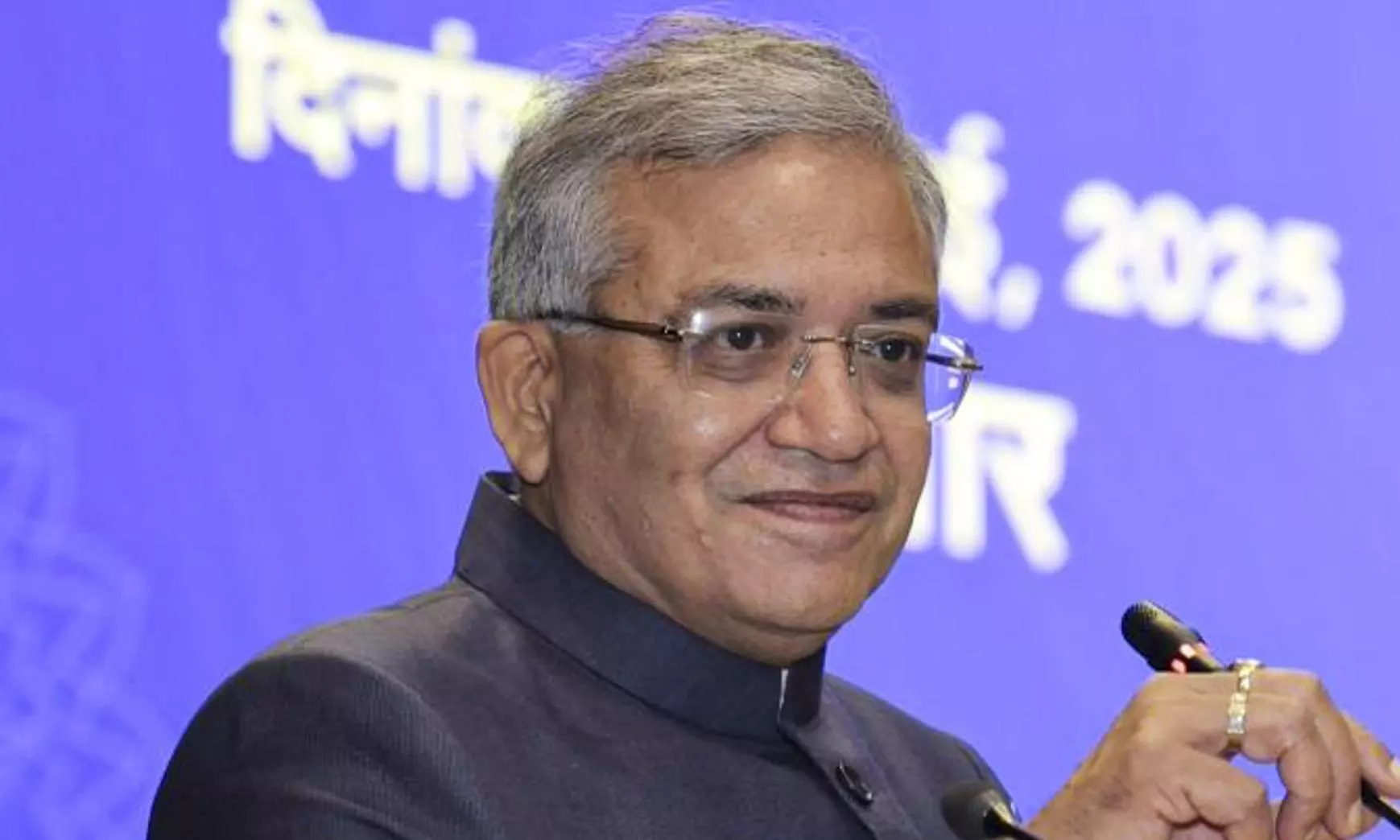AA Edit | Tough Task Ahead for EC Over Special Roll Revision
Election Commission’s document rule aims to clean voter rolls but sparks fears of many losing their vote

One of the paramount preconditions of fair and free elections in a democracy is a flawless electoral roll which has the names of all and only eligible electors. The decision of the Election Commission of India (EC) to launch a special intensive revision of the voters list across India, starting with Bihar, which is scheduled to have Assembly elections later this year, is a laudable idea indeed.
As per the EC’s note, all those voters whose names are on the electoral roll as of 2003, when the last special intensive revision was carried out, will have to produce no document to retain their names on the roll. The commission will release the list of 4.96 crore voters — 60 per cent of the total electors — who were listed in the 2003 special intensive revision so that they need not submit supporting documents. Those born between July 1987 and December 2004, who were not 18 in 2003 and could not have enrolled themselves, have to produce proof of birth and birthplace for self and one parent while those born after December 2004 have to produce proof of birth and birthplace for self and both parents.
The commission has given a list of documents which will be sufficient to establish their citizenship which include identity cards issued by the government, identity cards or certificates issued by the government or listed agencies, birth certificates issued by the competent authority, passport, matriculation/educational certificates issue by a government agency or university, caste certificates, National Register of Citizens and family register prepared by the local authority. The people who are required to produce these documents have been given a month to do so.
Those who are born in the 1980s or later will have their birth certificates but those who are born earlier will have no such document. And those who have no educational certificate or those named on the list would find it tough to produce documents needed to have their names on the rolls. Someone born in the 1990s may have a birth certificate but their parents may be born in the 1960s or 70s and, having never attended school, have no supporting document. To produce the required documents in a month would be next to impossible for such a citizen.
It is also not necessary that everyone would be home now so that such a person can present their documents in time. Many would be working in other states, and some abroad, and it may not be possible for them to get back home and produce the documents in time.
Several political parties have voiced their objection to the exercise. Given the fact that the rural areas of India have very little educational facilities or access to services, many residing there not having their documents in place could end up denying several citizens their right to vote. Since the EC insists that all citizens have a right to have their names on the electoral rolls, those whose names are not there can easily be branded as non-citizens. Some leaders have alleged that this is a ploy by the BJP-led Union government to introduce the controversial National Register of Citizens by stealth. The Congress has said it might move court to stall the process. The EC must do everything possible to fulfil its constitutional mandate while ensuring that it dances to nobody else’s tune.
